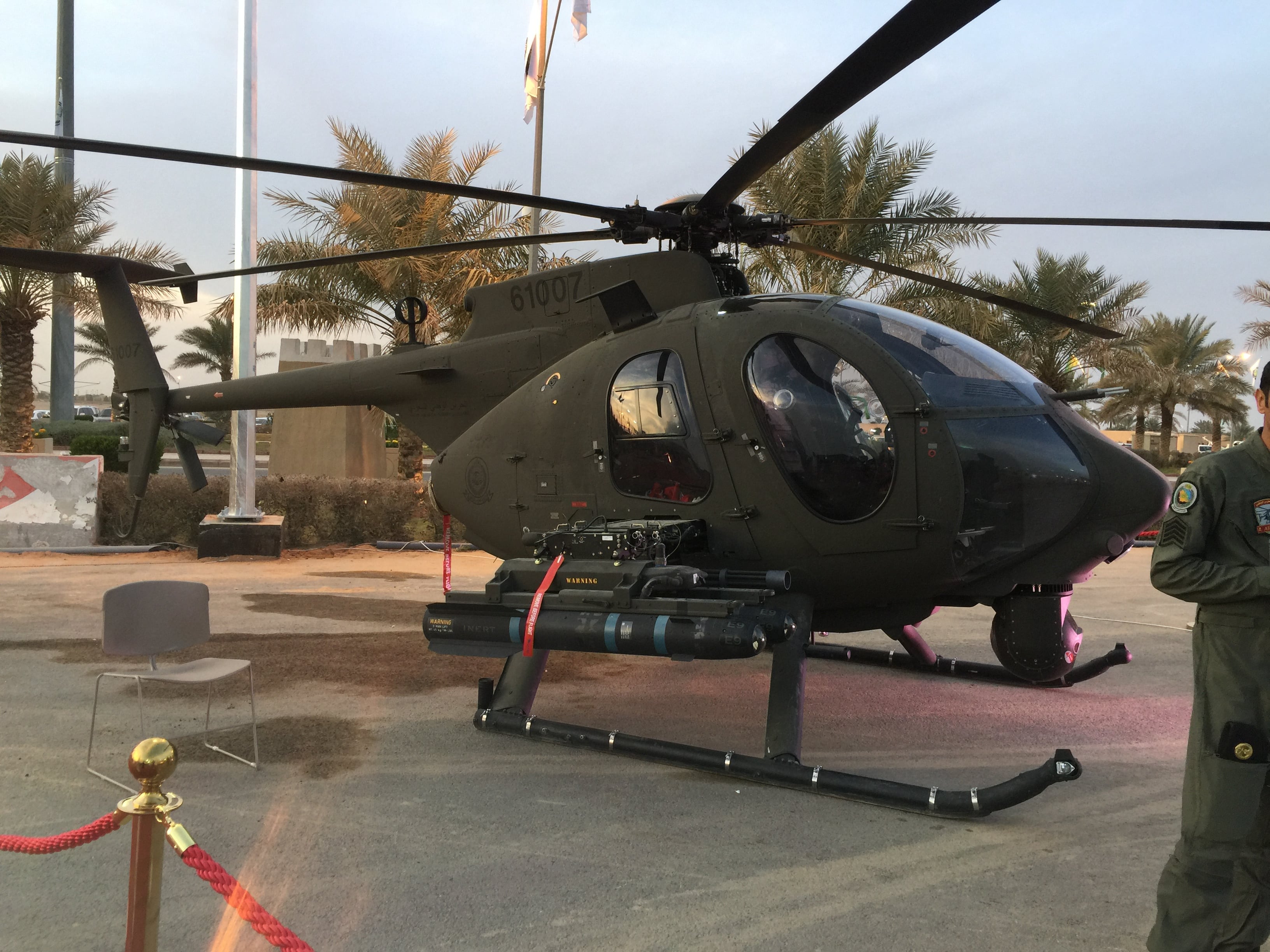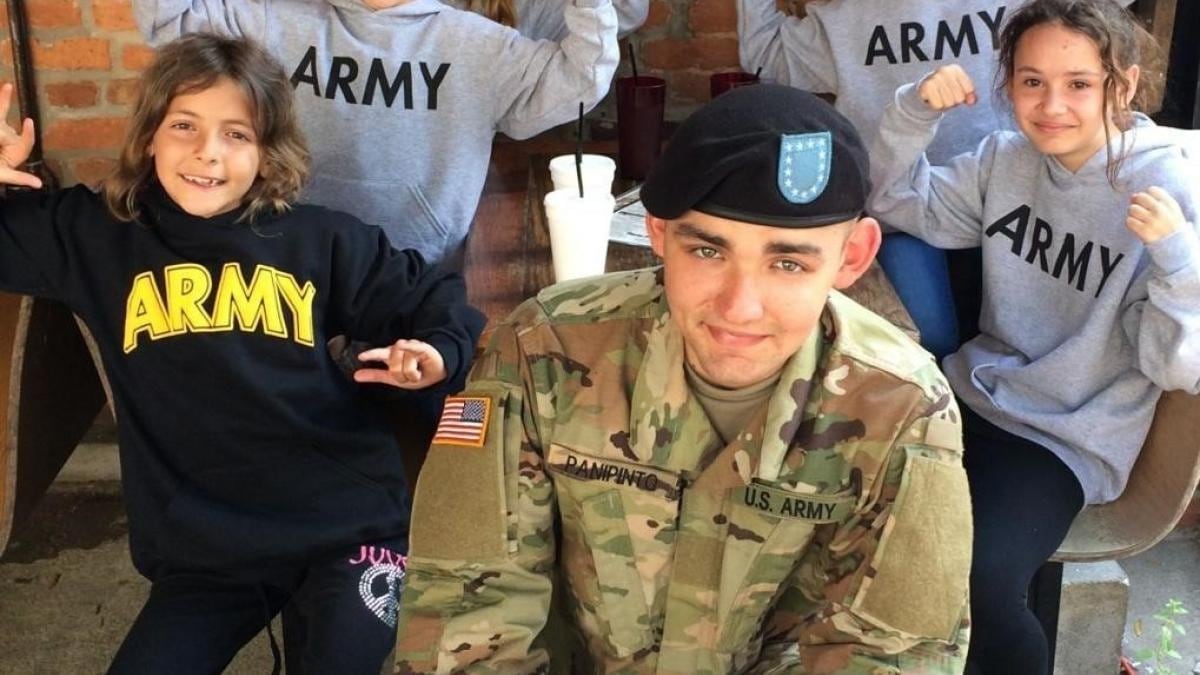A delayed medical response and lack of emergency services cited in the death of a soldier training in South Korea more than a year ago is not the norm at Army bases, the service’s second-highest ranking officer told lawmakers Tuesday, as Congress awaits a study looking at similar issues across the force.
There was a nearly two-hour delay in getting Spc. Nicholas C. Panipinto, 20, to a hospital after the M2A3 Bradley Fighting Vehicle he was driving overturned during a road-test at Camp Humphreys on Nov. 6, 2019.
Panipinto was also not properly trained on the vehicle, which had equipment that did not work, and the blood transfusion he needed was not readily available, according to his congressman, Rep. Vern Buchanan, R-Fla., who has called the accident “very preventable.”
“I’ve read that accident investigation cover to cover and, based on my experience, I would call what happened in Korea an anomaly — a very unfortunate anomaly,” said Army Vice Chief of Staff Gen. Joseph M. Martin during congressional testimony.
Congress required the Pentagon to review emergency medical capabilities at bases across the force in the 2021 defense bill.
The provision, lobbied for by Buchanan, prompts military officials to look at the frequency with which MedEvac helicopters and ambulances are inspected for maintenance and restocked with the required supplies, issues that arose during Panipinto’s accident in Korea.
RELATED

“I could tell you that the two [bases] I served at most recently — both installations — that was the standard,” Martin said of the medical services lacking in Panipinto’s case. “But we need to make sure, and so we’re committed to support the efforts of this study.”
Panipinto also did not have a license to operate the Bradley that he was driving that day, according to Buchanan. The deceased soldier’s mother said previously that her son only had six hours of hands-on driver training and no classroom instruction when he was ordered to road-test the vehicle.
Martin called the oversight a “classic example” of deviating from Army standards, and said Panipinto shouldn’t have been able to drive the Bradley without a license.
“There was negligence that was identified at multiple echelons in the command and the chain-of-command took action against those individuals who failed that soldier on that day,” Martin added.
Panipinto belonged to 1st Cavalry Division’s 3rd Armored Brigade. Lt. Col. Chris Brautigam, a spokesman for the division, declined to say who was punished or what positions they held.
“Those found at fault received the actions and the separation action was initiated, but because the actions are administrative in nature I can’t go any further on this,” Brautigam said.
RELATED

Army Times has obtained dozens of line-of-duty death investigations over the past year. In each, the overwhelming number of issues highlighted are deemed preventable.
Martin acknowledged the same during his congressional testimony Tuesday.
“As a former commander of two installations and a commander of formations across the board, in and out of combat, I’ll tell you that every single one of the accidents that I’ve seen happen are preventable,” Martin said. “They’re all preventable.”
Army Times is interested in hearing from readers about their experiences with accidents and the circumstances they’ve faced. Email krempfer@militarytimes.com to share your thoughts and experiences.
Anonymity can be granted upon request, but Army Times would like to know your branch and age. We will also need to verify your identity if we use any of your comments in a future article.
Kyle Rempfer was an editor and reporter who has covered combat operations, criminal cases, foreign military assistance and training accidents. Before entering journalism, Kyle served in U.S. Air Force Special Tactics and deployed in 2014 to Paktika Province, Afghanistan, and Baghdad, Iraq.




